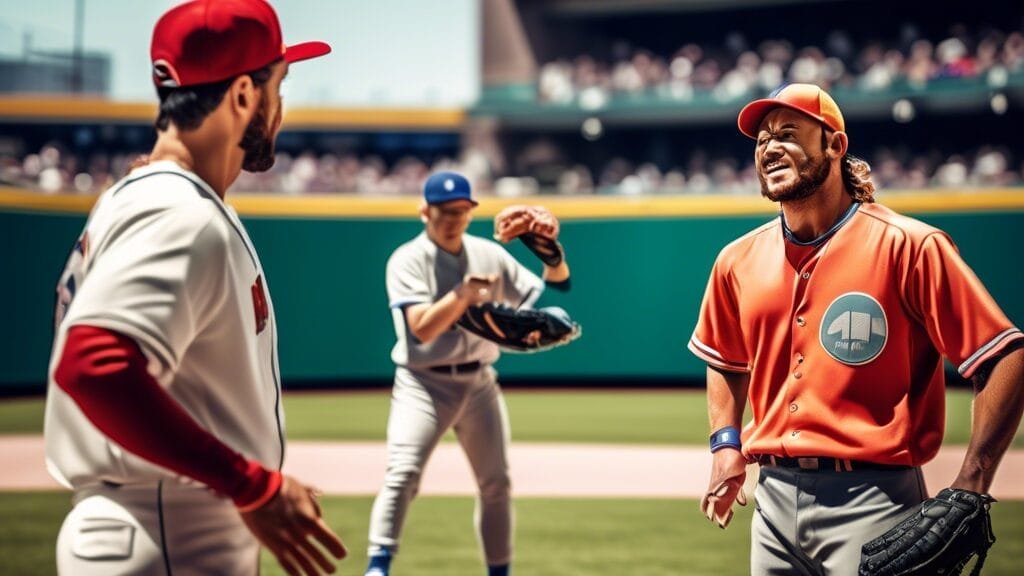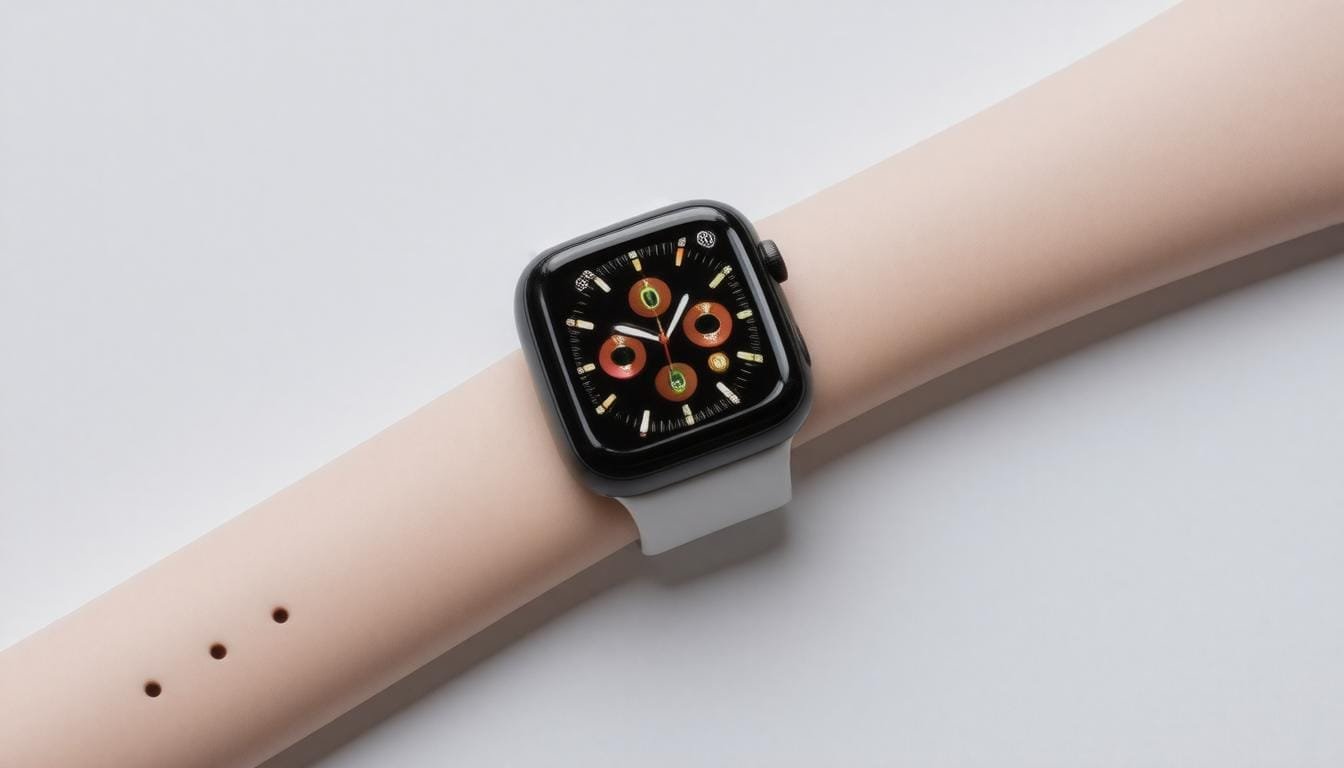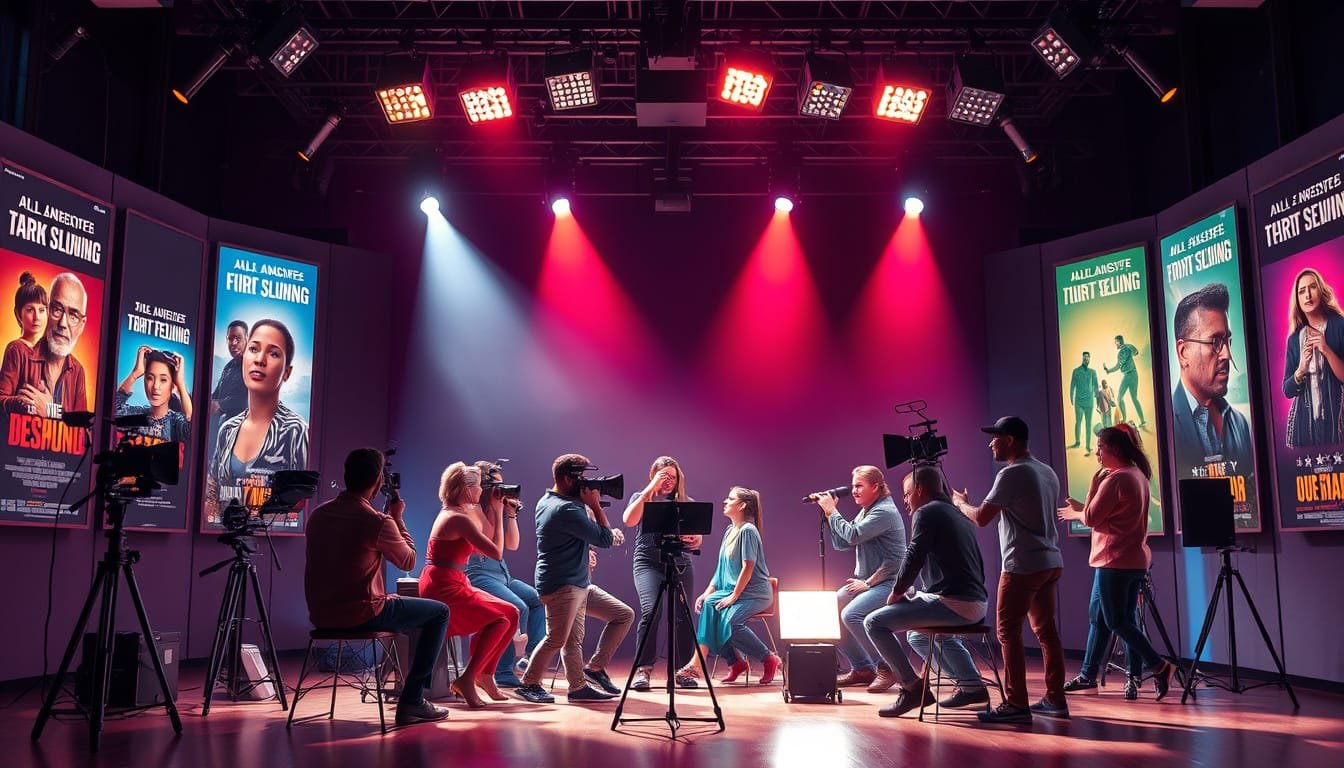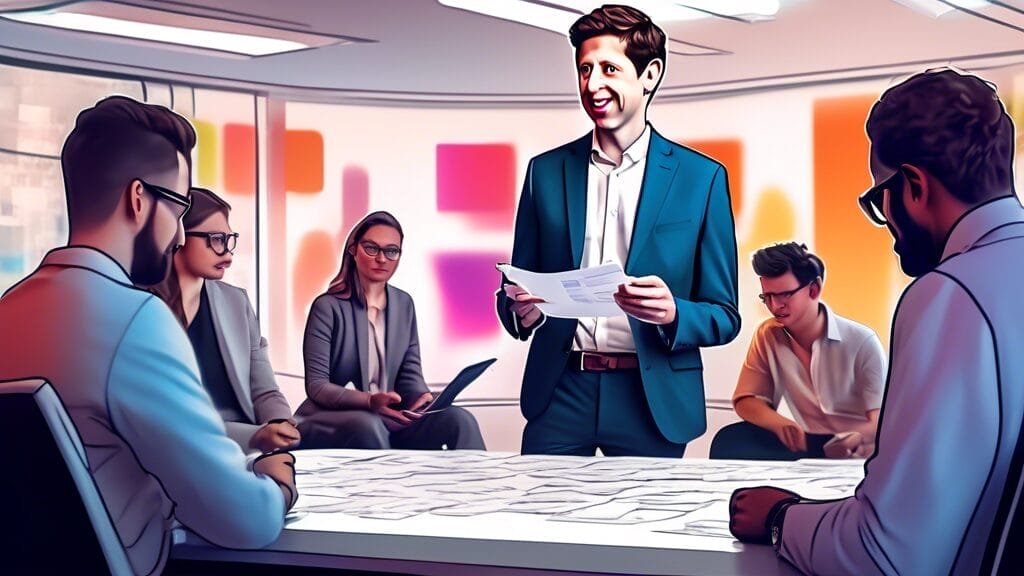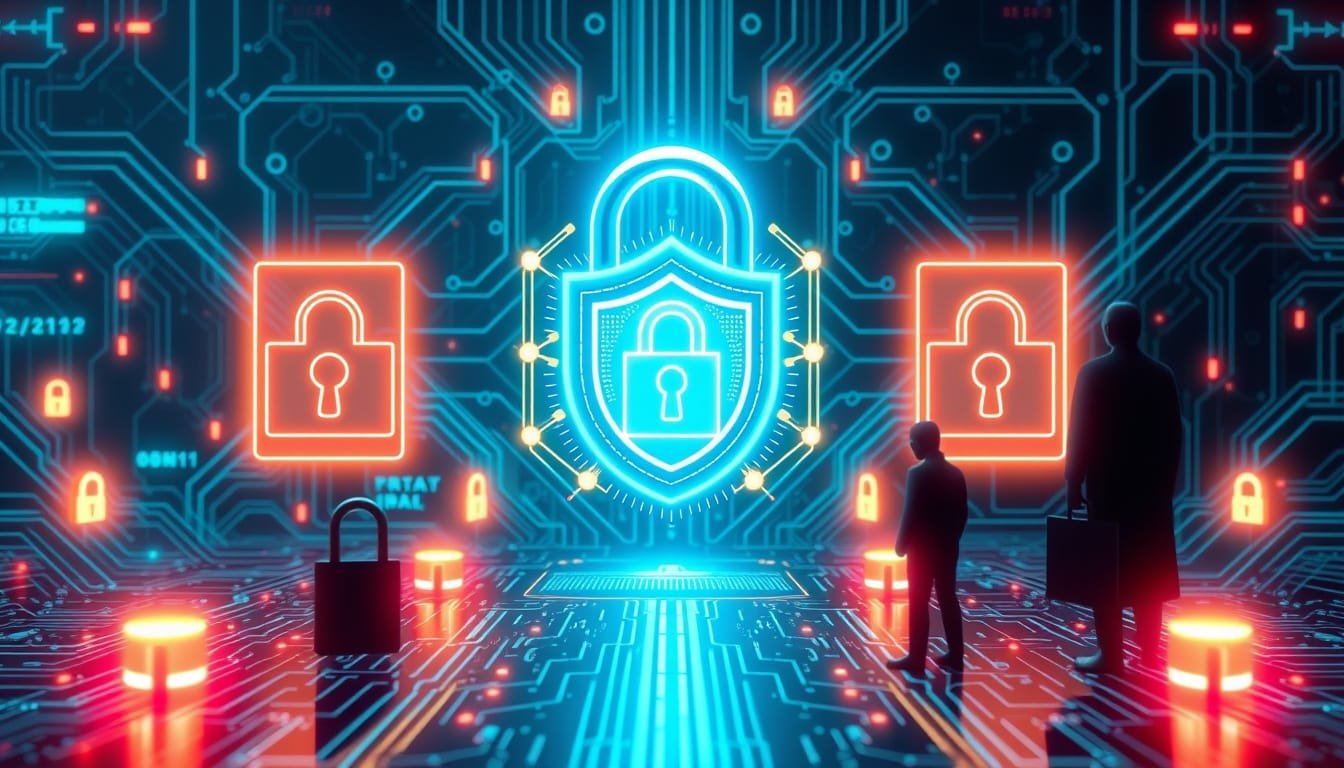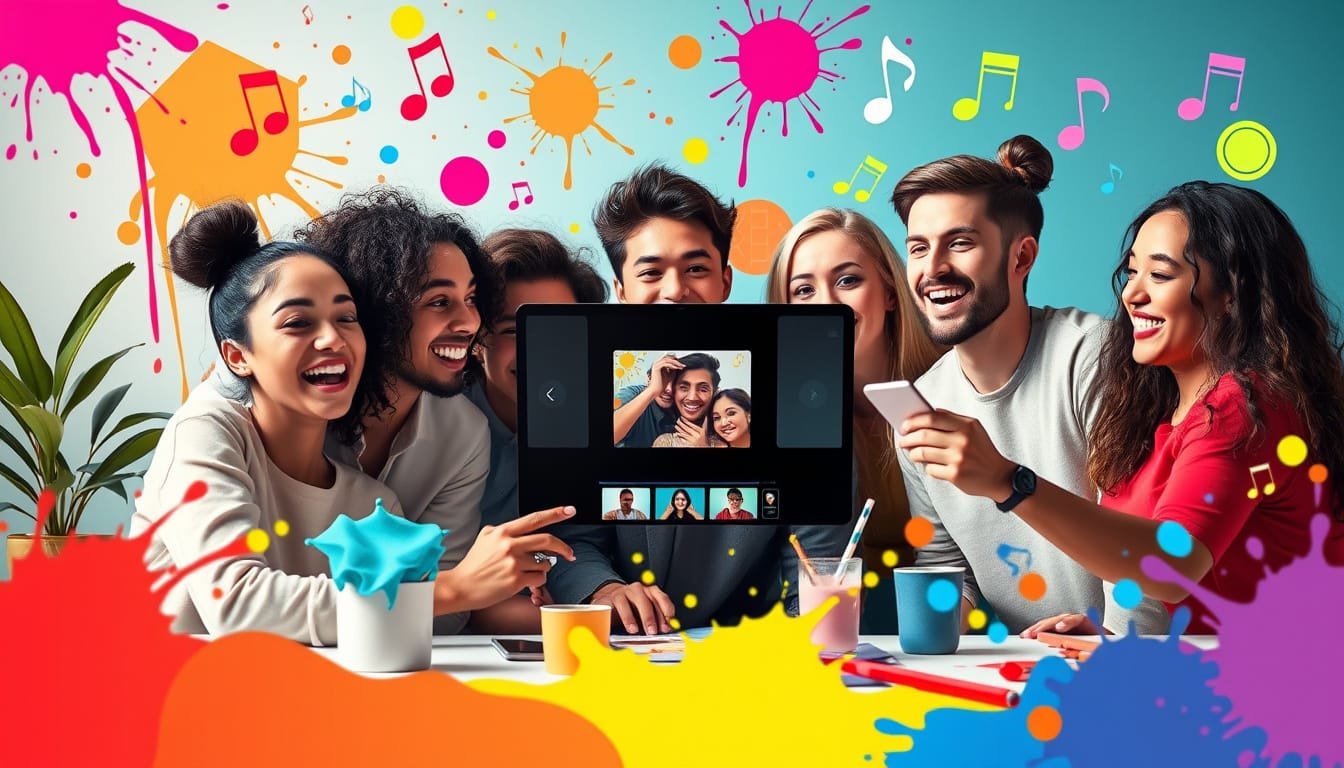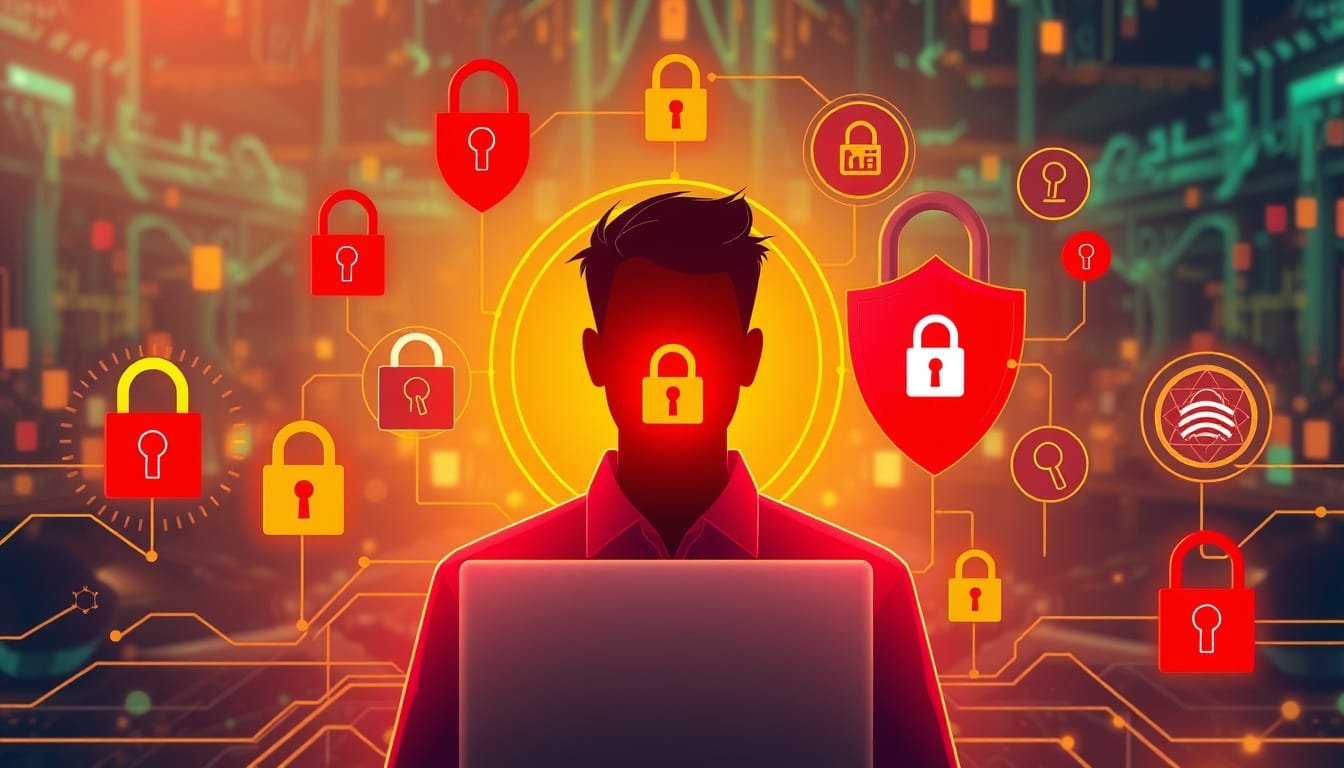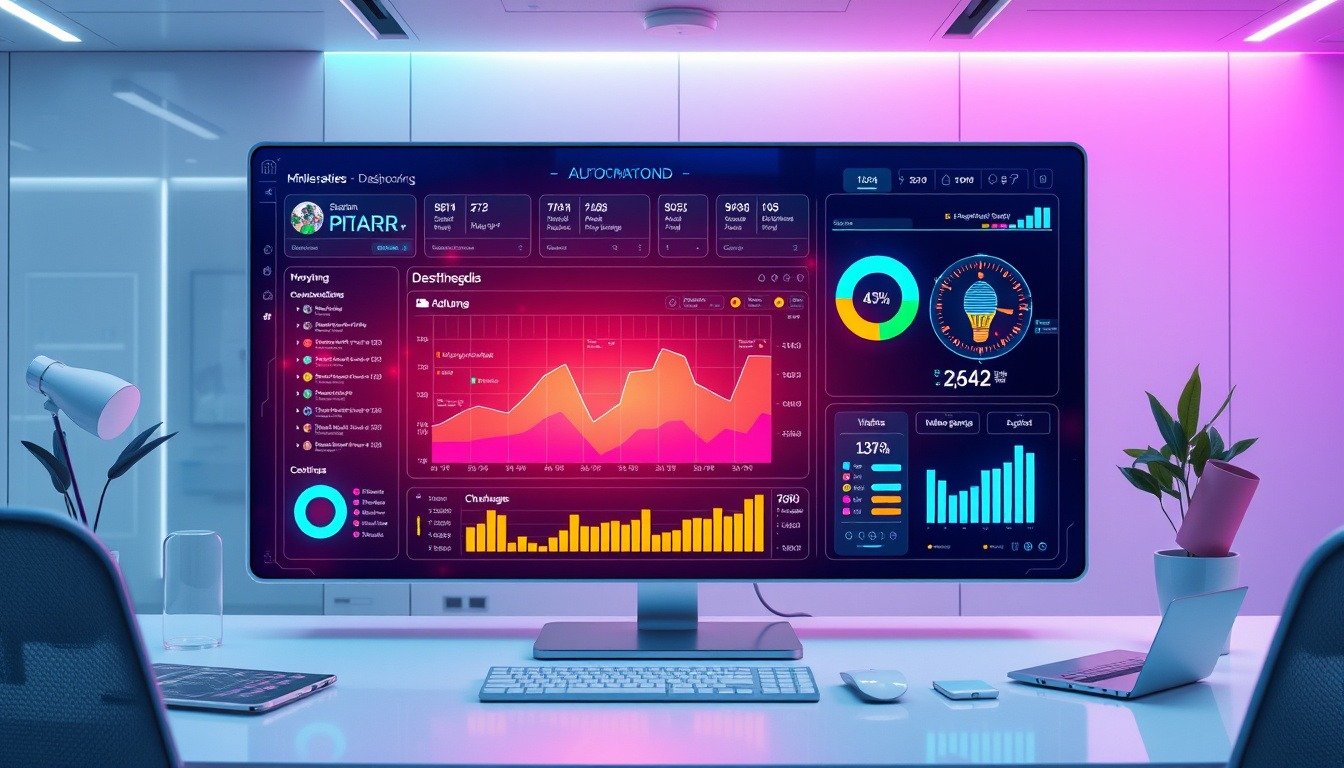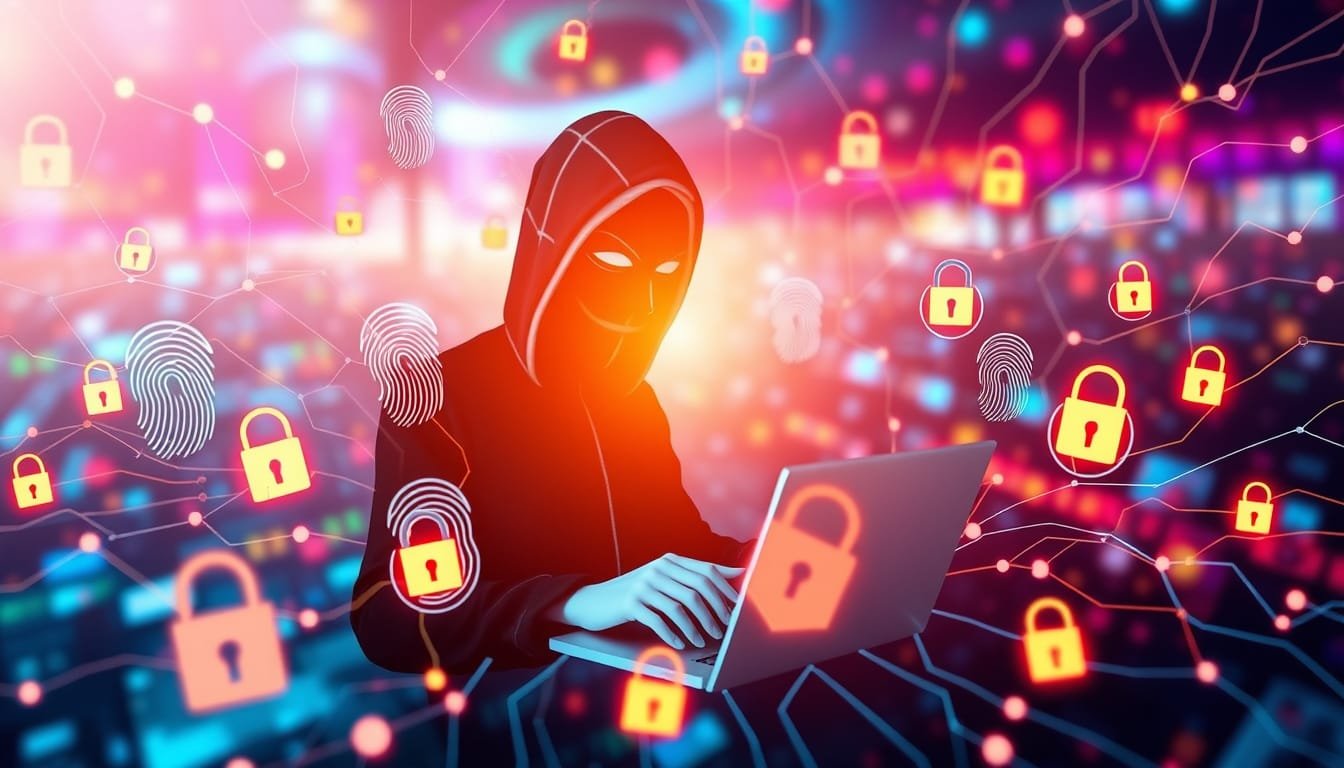OpenAI CEO Sam Altman decided to shed some light on this often misunderstood aspect of the corporate world. Let’s talk about a topic that can seem both super boring and slightly scary: Non-Disclosure Agreements (NDAs). If you’ve ever been handed one or had to sign one, you know what I mean. Recently, So, let’s peel back the layers and see what he had to say.
OpenAI CEO Sam Altman Discusses Employee NDAs: Why All the Secrecy?
First things first. Why do companies, especially those in the tech sector like OpenAI, feel the need to have employees sign NDAs? Think about it. Imagine you’re working on a groundbreaking project—something that could change the industry. You wouldn’t want your competitors knowing the juicy details, right? NDAs are essentially a way to ensure that what happens in the office, stays in the office.
Sam Altman emphasized this point, saying that innovation is our lifeblood. NDAs aren’t about muzzling employees but protecting that innovation. Basically, it’s not about keeping you quiet but about safeguarding the very thing that keeps the company ticking: its intellectual property.
The Balance Between Transparency and Secrecy
Now, here’s where it gets tricky. If you’re like most people, you value transparency. You want to work for a company that’s open and honest. So, how do NDAs fit into this ideal? Altman addressed this conundrum by acknowledging that while NDAs are crucial for business, they shouldn’t be overbearing or stifling.
We aim for a balance, Altman explained. We want our employees to feel confident that what they’re working on is protected, yet not feel like they’re in an ironclad fortress of secrecy. It’s like having a secret sauce recipe. You want your chefs (the employees) to know it without worrying about them spilling the beans.
Read about OpenAI’s Chief Scientist Ilya Sutskever Officially Departs
Employee Trust and Company Culture
A company’s culture can be heavily influenced by how it handles topics like NDAs. Altman believes that trust plays a significant role. If employees trust their employer and vice versa, the whole process of signing an NDA becomes just another part of the job rather than a cause for paranoia. Creating an environment of trust is paramount. If you don’t trust your workplace with your ideas, then who will? he asked.
To build this trust, OpenAI focuses on being clear and upfront with their employees about why the NDA exists in the first place. This transparency helps demystify the process and makes it less about keeping secrets” and more about protecting our innovations.” Think of it as a friendly agreement rather than a corporate gag order.
Personal Experience: An Eye-Opener
Speaking from personal experience, I once worked at a startup that had a rather intimidating NDA process. It felt more like signing away my life than protecting company secrets. However, after hearing Altman’s perspective, it’s clear that NDAs can be approached in a way that’s both respectful and necessary. It’s all about how it’s communicated to employees.
As Altman puts it, “An NDA should be a shield, not a shackle.” And that really resonates. When framed correctly, an NDA is just another tool to ensure everyone’s hard work remains protected.
OpenAI CEO Sam Altman Discusses Employee NDAs: Final Thoughts
So, next time you’re faced with an NDA, remember Sam Altman’s insights. It’s not about locking you down but protecting the brilliant work you and your colleagues are doing. NDAs have their place, and when handled with care and transparency, they can coexist with a healthy, trust-filled work environment.
Have you had any interesting experiences with NDAs? Maybe you’ve got a story where it went smoothly, or perhaps you have a cautionary tale. Either way, it’s always good to keep the conversation going. Feel free to share your thoughts. And remember, it’s not all doom and gloom—sometimes, it’s just about keeping the secret sauce safe!
Visit My LinkTree for My Other Platforms!

